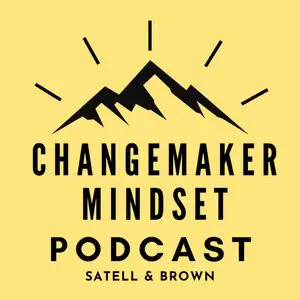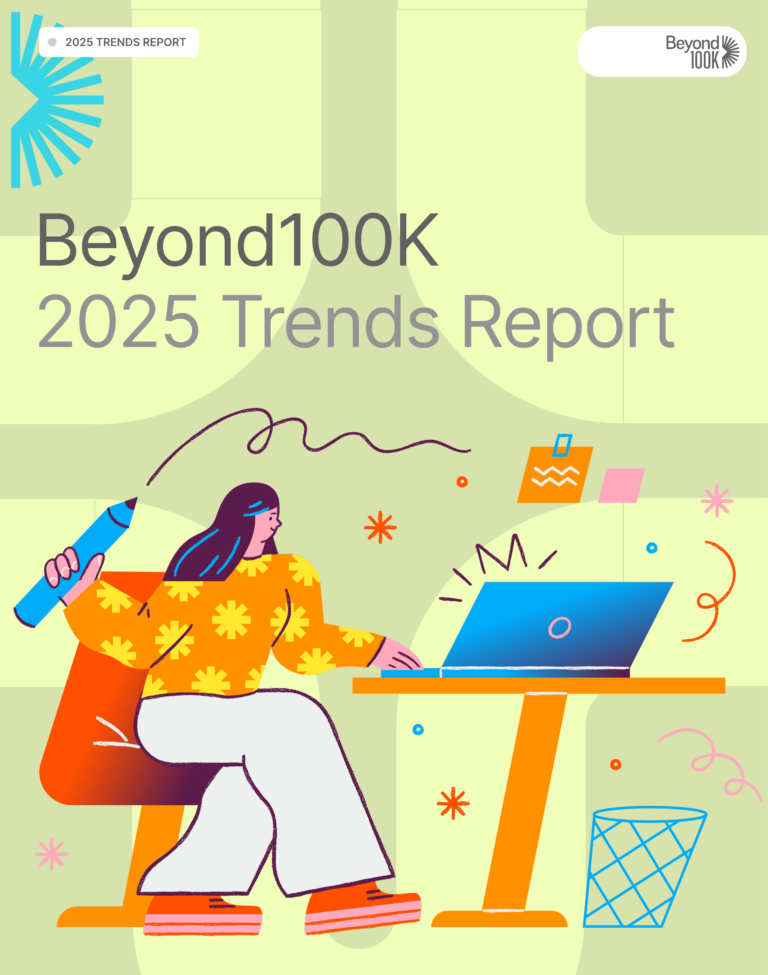The Great Resignation has finally hit the schoolhouse. Teacher shortages, especially in math, science, and special education, have reached crisis levels. If you’ve opened a newspaper in the last few weeks, you’ve read the headlines. And whether or not reports of the shortage are greatly exaggerated, this much is clear: Teachers are reporting unsustainable levels of stress and are eyeing the exits at heretofore unseen levels. I turned to master teachers from around the country, rural, suburban, red state and blue, to get their advice and insight for the coming school year. Here are six gems that rose to the top:
1. Relax as much as possible before the school year starts. Since the school year has started for most of the country, remember that self-care doesn’t end when the school year starts. “You must put your own oxygen mask on first before you try and help anyone else. Self-care is not optional,” shared one teacher. If you’re finding it hard to make time for self-care, that’s not another thing to blame yourself for. It’s the structure of the school day and practices and expectations that make it hard for women, especially, to put their own needs before others. Share your experiences, band together, and advance practical changes, like more time for collaboration and professional development during the school day, that can make self-care after the school day possible.
Read the full article here.


